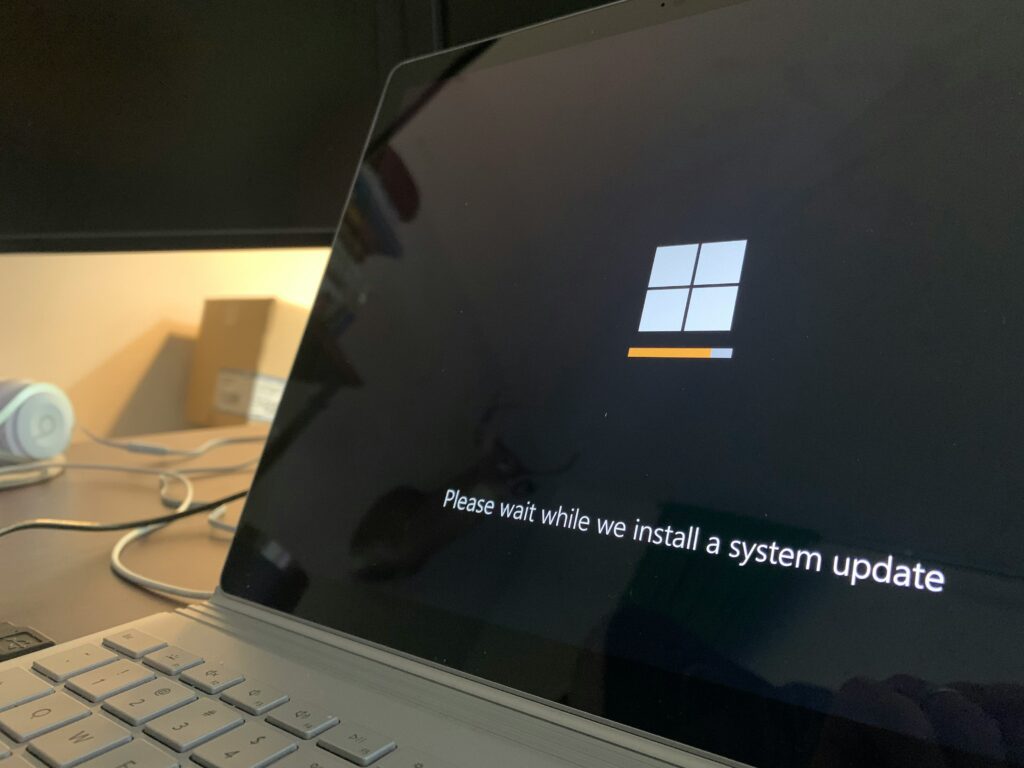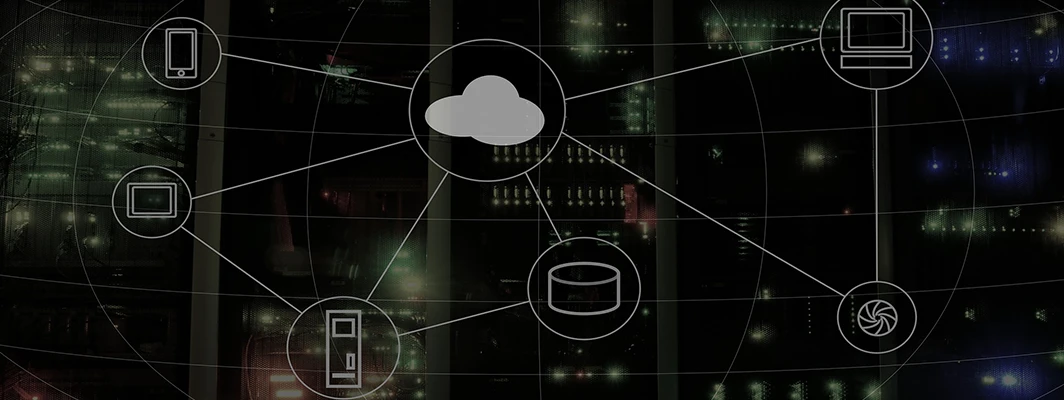
The world is your oyster, you can work anywhere you want.
Many businesses have adopted that motto in recent years. Since the pandemic, the rise of remote working has soared. No longer is it everyone in the office, the landscape of work has shifted dramatically. With more employees embracing remote work options than ever before and while this flexibility brings numerous benefits, it also presents unique cyber security challenges.
So what does that mean for your business and how do you combat it to make sure your cyber secure?
In this article, we’ll explore essential practices for secure remote work.
1. Implement a Virtual Private Network (VPN)
Picture this: you’re sipping your favorite latte at a bustling coffee shop, your laptop humming with productivity. But lurking amidst the clinking of cups, there’s a digital predator, ready to pounce on your sensitive company data. Enter the superhero of cyber security: a VPN.
A VPN isn’t just another tech acronym; think of it as your virtual bodyguard, escorting your data safely through the treacherous waters of the internet. By encrypting data transmitted over the internet, VPNs prevent unauthorised access and protect sensitive information from interception by cyber criminals. As a business, encourage employees to use company-approved VPNs whenever accessing company resources remotely, whether they’re working from a coffee shop, airport lounge, or home office.
2. Strengthen Authentication Mechanisms
Traditional passwords are like flimsy locks – easily picked and breached. One of the most effective ways to secure your company’s sensitive data and fortify your cyber security is through the use of Multi-Factor Authentication (MFA). This double-verification system requires not just a password, but also a secondary factor like a temporary code sent to your phone. Even if hackers steal a password, they’re left locked out – It’s a simple step with big benefits: boosted security, improved data protection, and peace of mind.
3. Educate Employees on Security Best Practices
We don’t need no education according to Pink Floyd. Well in this case, they’re wrong.
Education, education, education is probably one of the strongest ways to mitigate potential cyber security threats. As a business, you should empower employees with knowledge about cyber security risks and best practices for not falling foul of them. Offer regular training sessions covering topics such as identifying phishing attempts, creating strong passwords, and recognising potential security threats. Educated employees are your first line of defence against cyber attacks, so invest in comprehensive cyber security awareness programs. If you are interested in this, check out our tailored cyber awareness training service.
4. Secure File Sharing Solutions
When sharing sensitive documents or files remotely, choose secure file-sharing solutions that prioritise data encryption and access controls. Whilst the days of floppy disks and USB’s are largely gone (thankfully), there are still other solutions out there that can cause security problems.
We largely advise platforms like Microsoft OneDrive, Google Drive, or Dropbox for Business who offer robust security features such as end-to-end encryption, access permissions, and audit trails. If you’d like to hear about our Microsoft 365 service here and how we can help you get set up then get in touch.
5. Regularly Update Software and Devices
The humble update. Something that may seem insignificant and occasionally obstructive.
“I just want to get on with my job. I’ve got 42 emails, 3 Teams meetings and 23 tasks to do today. I haven’t got time to wait for this update” – Sound familiar?
Whilst it may seem a pain, the reality is keeping on top of the latest updates can be a vital way of stopping hackers and cyber threats when remote working. For businesses, we advise maintaining the security of remote work environments by ensuring that all software applications, operating systems, and devices are up to date with the latest security patches and updates. Outdated software can contain vulnerabilities that cybercriminals exploit to gain unauthorised access to systems or compromise data. Establish policies that requires employees to regularly update their devices and software to minimise security risks.

Conclusion:
As remote work continues to become the norm, prioritising cyber security is essential to protect sensitive company data from evolving threats. By implementing secure remote work practices, organisations can mitigate the risks associated with remote work and ensure the safety of their valuable assets.
Remember, cyber security is a collective responsibility, and every employee plays a vital role in maintaining a secure remote work environment.
Don’t let the flexibility of remote work become a security liability.



